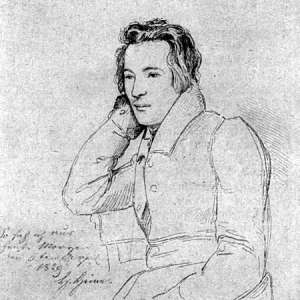
Claude Bernard (1813-1878)’s Introduction à l’étude de la médecine expérimentale (1865) is commonly misinterpreted as criticizing the use of statistics in medicine and the quantified research practice that would later lead to clinical epidemiology. There are indeed statements in the Introduction that apparently lend support to such interpretation. For example, we can read that: “In a word, if based on statistics, medicine can never be anything but a conjectural science” (Bernard 1865, p 197; 1957, p 139). But these statements are qualified by others demonstrating that Bernard advocated the use of statistics to assess the efficacy of medical treatments. For example, Bernard wrote: “Of course, statistics may guide the physician’s prognosis; to that extent they are useful. I do not therefore reject the use of statistics in medicine, but I condemn not trying to get beyond them and believing in statistics as the foundation of medical science” (Bernard 1865, p 196; 1957, p 138).
These statements may seem to contradict each other if not placed within Bernard’s evolutionary vision of medicine (Morabia 2006). Bernard considered “empirical” medicine, based on comparative experiments and statistics, as an intermediary stage between mere “tact and intuition” and “scientific medicine”. The latter, ideally, would be strictly based on experimental evidence, and therefore on the exact knowledge of the physiological mechanisms underlying a specific disease process or the therapeutic effect of a drug. The itch was a typical example of the stages of evolution of medical knowledge: “Formerly we knew the itch only empirically. Then we guessed about lesions in the itch and collected statistics on the value of one salve or another for curing the disease. Now that the cause of the itch is known and experimentally determined, it has all become scientific and empiricism has disappeared (…) we cure it always without exception …” (Bernard 1865, p 268; 1957, p 214).










































